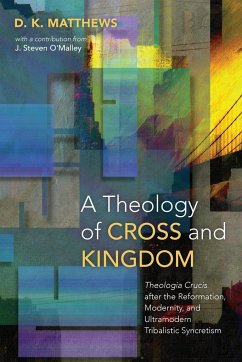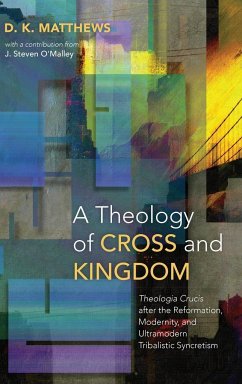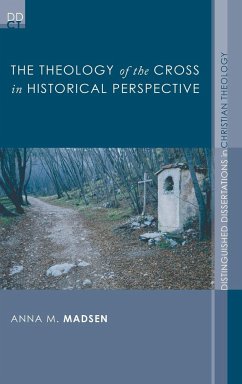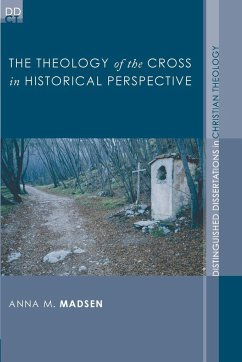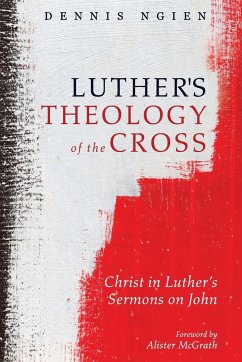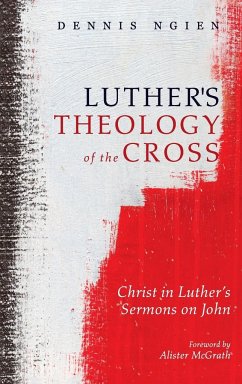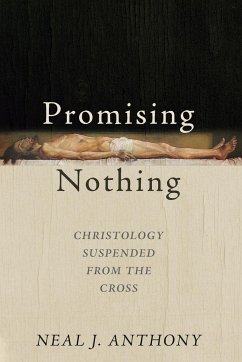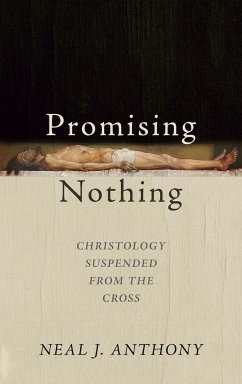Luther's theology of the cross has impacted major theologians and centuries of theology, including the present, and yet it is weakened by its reactionary theological determinism, reductionism, and understandable failure to properly integrate fluid, melioristic, and pro-creation kingdom eschatology. N. T. Wright's revolutionary cross, articulated in The Day the Revolution Began: Reconsidering the Meaning of Jesus's Crucifixion, is a brilliant and clarion new creation eschatological call to action that suffers from a somewhat cryptic, imprecise, and unrefined eschatology. Heino O. Kadai has presented an authoritative and concise rendering of Luther's key insights. Rustin Brian has carefully assessed whether Luther's theology of the cross deserves blame for the Deus absconditus of modernity in his Barthian influenced Covering Up Luther. Robert Cady Saler has masterfully articulated a relevant and pastoral Theologia Crucis framed by Moltmann's Theology of Hope that is most applicable to the contemporary church and sociopolitical engagement. A Theology of Cross and Kingdom sympathetically and creatively critiques and synthesizes dominant themes in such classical and contemporary theologies of the cross within a unified cross and kingdom eschatology. Matthews deftly overcomes many of the less than helpful disjunctive approaches to the theology of the cross while proffering a way forward for this most influential and core theological treasure of the church.
Hinweis: Dieser Artikel kann nur an eine deutsche Lieferadresse ausgeliefert werden.
Hinweis: Dieser Artikel kann nur an eine deutsche Lieferadresse ausgeliefert werden.

